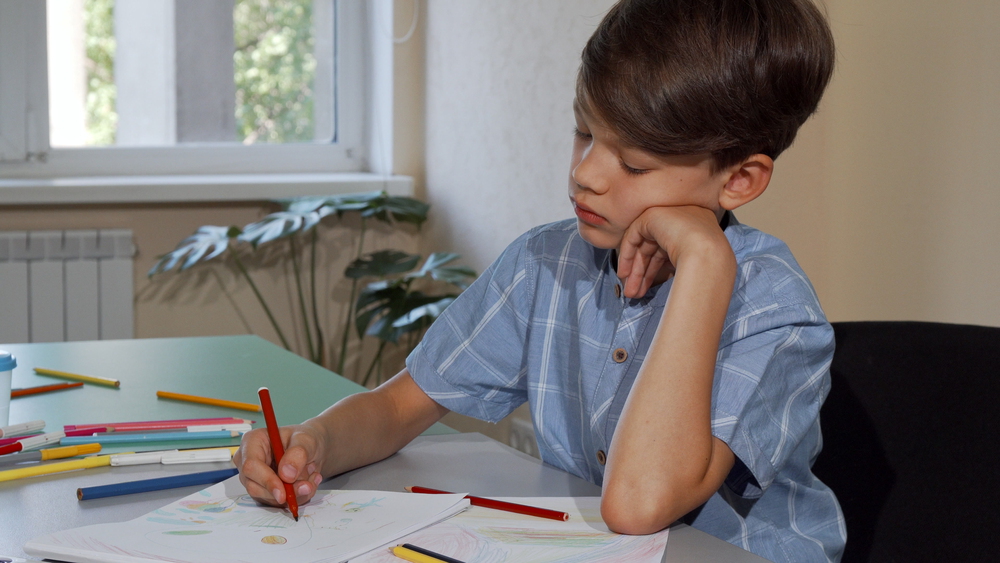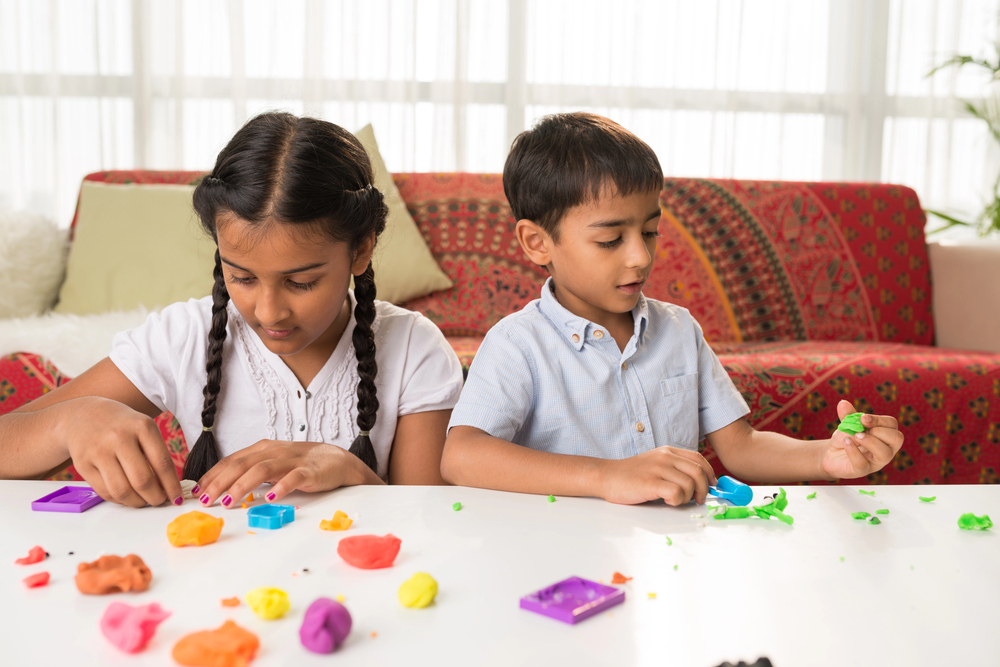
Ever asked yourself why the phrase “You should know better” has become the soundtrack to your childhood? For firstborns, being the prototype for the family comes with benefits, drawbacks, and a package of expectations that will influence everything from your management style to your love life. The rest of the world terms it “Oldest Child Syndrome” not an official diagnosis, but a phenomenon so true it reverberates in therapy rooms, group texts, and the manner firstborns maintain their sock drawers.

Current studies and expert opinion demonstrate that although birth order is not the personality map we’d believed, the experience of being the oldest has a lasting impact. From subtle creativity benefits to the double-edged sword of perfectionism, here’s what all firstborns and the people who love them need to know.

1. The Oldest Child Advantage: Intelligence and Creativity
It’s not mere family legend science supports the notion that firstborns tend to have a teeny advantage when it comes to smarts. Firstborns, by a very small margin, report higher IQ and intellect on tests and questionnaires, a huge cross-national study found. But here’s the kicker: the difference is so small, most would not even notice unless they were inspecting the figures. As researchers explain, the impact is “statistically significant, but small about a tenth of a standard deviation.”

And what about creativity? In a recent meta-analysis, it turned out that firstborns actually perform better than subsequent-born children on tests of divergent thinking a signature measure of creative ability. The effect is modest, but real. The research observes, “first-borns had higher DT scores than later-born children,” particularly where originating new ideas is concerned (Birth Order and Divergent Thinking). In other words, as the oldest, your problem-solving skills and ability to think outside the box may very well be your ace in the hole.

The Perfectionism Trap and the Weight of Expectations
If you’ve ever felt crushed by a B+ or obsessed over getting every detail right, you’re not alone. Experts agree that firstborns often internalize high expectations from parents and themselves. As therapist Nicholette Leanza describes, “the pressure the oldest sibling feels to meet the high expectations placed on them as well as the stress to feel like they must be the perfect role model for the rest of their siblings” can be tremendous (How Oldest Child Syndrome Shapes Childhood Development).

This push for perfection can feed ambition and accomplishment, but it also feeds anxiety and self-doubt. Firstborns are more likely to have difficulty with feeling as though nothing they do is ever quite good enough, and this can extend into their relationships and careers. The silver lining? Being aware of this pattern is the beginning of breaking free. As psychologist Brandy Smith suggests, “remind yourself that you are simply a sibling, not a parent, and you don’t have to be responsible for everything.”

2. Eldest Daughter Syndrome: The Double Dose of Responsibility
For first daughters, the expectation is even more extreme. Not only are they supposed to provide the gold standard for siblings, but societal norms often consign them to default caregiver status. “The eldest daughter or eldest siblings, in general,” writes Dr. Avigail Lev, “are kind of like the ‘test’ siblings because they are the first child.”. The second child receives superior treatment, capitalizing on the experience gained from the first child.”

This “parentification” has a silver lining of leading to maturity and empathy but at the cost of burnout, people-pleasing, and difficulty setting boundaries. Most eldest daughters report having to be strong for everyone, which can prevent them from being able to ask for help or even identify their own needs. The moral of the story? Learning how to set your needs and create healthy boundaries is the key to freeing oneself from the cycle.

3. The Myth-Busting Science: Birth Order Isn’t Destiny
It’s easy to blame (or credit) birth order for every eccentricity, but the new science has a different message. Large-scale studies indicate that, other than that small boost in smarts, birth order has “little or no substantive relation to personality trait development and a minuscule relation to the development of intelligence.”

So why do firstborns often feel so different? Experts point to the real impact of family dynamics, parenting style, and cultural expectations. The emotional experience of being the eldest carrying extra responsibility, getting more praise or blame, and navigating uncharted territory shapes self-perception, even if it doesn’t rewrite your personality from scratch. In other words, you’re more than your birth order, but your story matters.

4. Actionable Tips for Flourishing as a Firstborn
Ready to get real? The key to flourishing as a firstborn is to strike a balance between your inborn strengths and self-compassion and boundaries. Here is what experts suggest:
- Lose the “perfect” label: Pay attention when your expectations turn into self-sabotage and be kind to yourself.
- Ask for assistance without guilt: Being strong does not imply you should do everything on your own.
- Reclaim rest and joy: Plan fun and downtime, not only productivity.
- Challenge the caretaker script: It’s okay to put yourself first sometimes.
- Build relationships that feel safe, not just impressive: Look for people who notice you, not only your success (Oldest (First) Child Syndrome: 10 Common Characteristics).
And what about parents? Credit where credit is due, maintain age-appropriate expectations, and leave room for the individuality of each child. As therapist Kaytee Gillis advises, “being mindful of age-appropriate expectations allows your eldest to just be a kid.”
Firstborns can be the family’s first-ever pioneers, but their true magic is the combination of strength, imagination, and compassion they bring to any table. Birth order may not be destiny, but the experience of being the oldest teaches us about leadership, self-knowledge, and the ability to write our own story. So here’s to firstborn greater than the oldest, always somewhat remarkable.


